I think you can also use histogram backprojection for this. There you can use an arbitrary shape mask as well. Convolve the mask with the backprojected image and you'll detect a peak in the region where the object occurs in the image as shown in the images (color mapped and scaled) below.
backprojected:

convolved:

EDIT:
This is based on this paper. I was experimenting it and was hoping to post in a blog.
This is in C++.
// model histogram: this is the football template
calcHist(&model32fc3, 1, (const int*)channels, modelMask, histModel, 3, (const int*)histSize, (const float**)ranges, true, false);
// image histogram
calcHist(&image32fc3, 1, (const int*)channels, Mat(), histImage, 3, (const int*)histSize, (const float**)ranges, true, false);
// ratio histogram
divide(histModel, histImage, histRatio);
cv::min(histRatio, 1.0, histRatio);
// backproject ratio histogram
calcBackProject(&image32fc3, 1, (const int*)channels, histRatio, backprj, (const float**)ranges);
// convolve the kernel with the backprojected image
filter2D(backprj, conv, CV_32F, modelMask);




